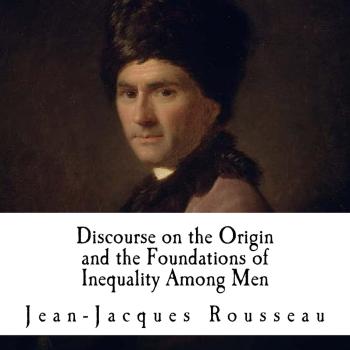John 3:16 is the first verse most Christians memorize. It can also be misleading, especially in Mandarin.
“For God so loved the world, that he gave [his] only Son [τὸν υἱὸν τὸν μονογενῆ], that whoever believes in him should not perish but have eternal life.” (John 3:16)
The standard translation, the Chinese Union Version (CUV), echoes the KJV, which says “only begotten son.” The CUV says “他的独生子” [his only born son]. For Chinese, this translation causes confusion and fuels heretical speculation about Christ being created. What’s more, people like using the “one-child policy” as an analogy, but we should keep in mind that the comparison only goes so far.
The Meaning of “Only”
As many scholars have long observed, the word μονογενής does not mean only begotten. Rather, it conveys uniqueness, i.e., being one of a kind.

While this insight is well-known to biblical theologians, missionaries and Chinese Christians are less familiar with the underlying meaning of their translations. So, I want to suggest a simple adjustment to help Chinese people better understand what the Bible actually says. But first, let me offer a little background for people who are unfamiliar with the evidence.
In the Bible, Hebrews 11:17-18 might be the most helpful passage on this topic. It states,
By faith Abraham, when he was tested, offered up Isaac, and he who had received the promises was in the act of offering up his only son [τὸν μονογενῆ], 18 of whom it was said, “Through Isaac shall your offspring be named.”
The key phrase in the CUV is “将自己独生的儿子献上” [sacrificed his only son]. Obviously, Isaac was not his only begotten son. Ishmael was already born to Abraham. Yet, Isaac was Abraham’s unique son by virtue of being the offspring of promise (v. 18).
Outside the Bible, check out Wisdom of Solomon 7:22,
And I know whatever is hidden and visible; 22 for the artisan of all teaches me wisdom. For in her is a spirit that is intelligent, holy, unique [μονογενές], manifold, gentle, movable, clear, undefiled, distinctive, invulnerable, loving goodness, sharp, unhindered, beneficent, 23 humane, steady, secure, free from care, all powerful, overseeing all, and penetrating through all spirits that are intelligent, pure, gentle.
Likewise, 1 Clement 25, Clement of Rome writes,
“There is a bird, which is named the Phoenix. This, being the only one of its kind [τουτο μονογενες υπαρχον], lives for 500 years; and when it reaches the time of its dissolution that it should die, it makes for itself a coffin of frankincense and myrrh and other spices, into which in the fulness of time it enters and then dies.”
Explaining John 3:16 in Chinese
How then might we better translate John 3:16?
One reasonable choice is 独特的 (which emphasizes his specialness or incomparability). Another option is 独一的, which lays stress on a number (i.e., only one). The latter could leave the door open to the same confusion and questions referred to above.
Students and young believers have asked me how to understand the fact that God has one son, yet Romans 8 (and elsewhere) speak of believers being God’s sons (and daughters).
As an aside, this understanding of oneness (as uniqueness) is the way theologians describe Jewish “monotheism” (to use a rather modern term). Although there are many elohim (unfortunately translated “gods” by English translations), the YHWH (the Lord) is the incomparable one, the capital-G God.
Perhaps, the Greek in John 1:18 reflects this language:
“No one has ever seen God; the only God [μονογενὴς θεὸς], who is at the Father’s side, he has made him known.” (John 1:18, ESV)
















